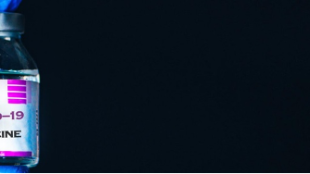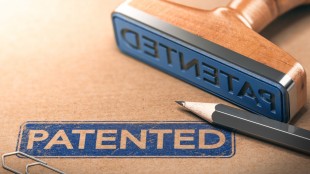Patent Rights in a Pandemic: Does the Race for a Covid-19 Vaccine Mean Inequitable Access?
(Source) The coronavirus pandemic has changed life as we know it. The world has come a long way since the initial outbreak, but the uncertainty surrounding a potential Covid-19 vaccine persists. Even with mounting uncertainty, the demand for a safe and effective vaccine continues to increase. The Food and Drug Administration’s approvals and authorizations for the Covid-19 vaccine are only some of the obstacles in this respect. Even if these approvals come through and a vaccine becomes marketable, there is no guarantee that the vaccine will be widely accessible. This is where intellectual property starts playing a crucial role in the distribution and affordability of a potentially successful vaccine. If this vaccine is patented, it would grant exclusive rights to the patent holder to exclude others from making, using, importing, and selling the patented innovation for the duration of the patent grant, within the boundaries of the United States. In the pharmaceutical industry, it is necessary to strike a balance between innovation and the ethical implications of patents for human health. Patent protection is required to stimulate innovation and incentivize pharma companies given the extensive time and resources needed for the development of a new drug. This incentive is [read more]


